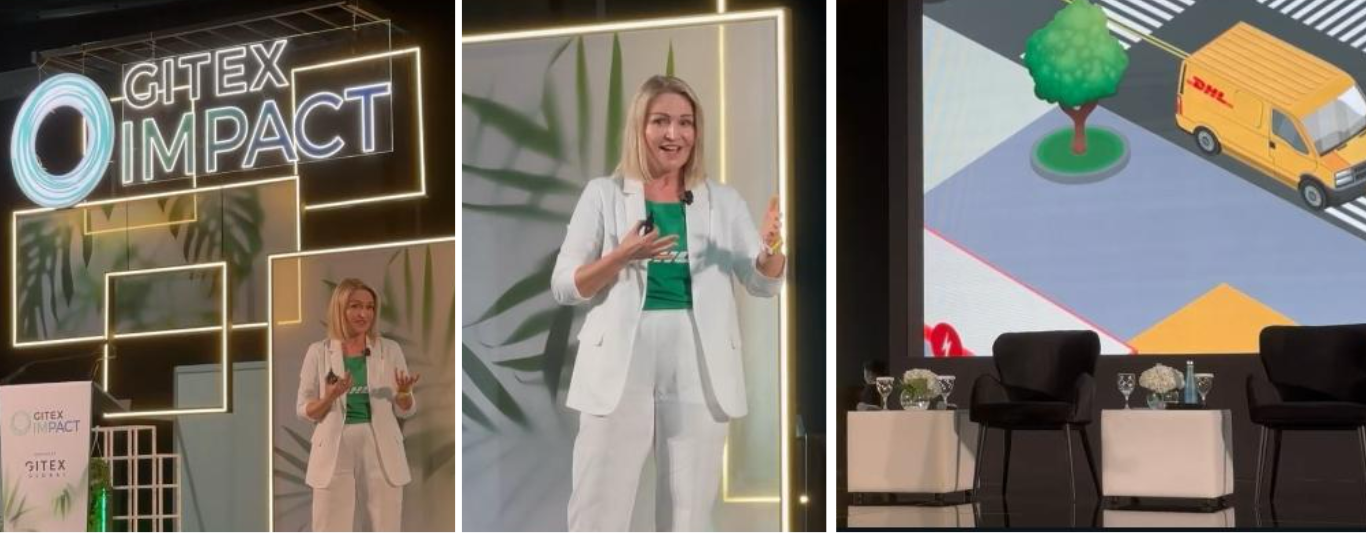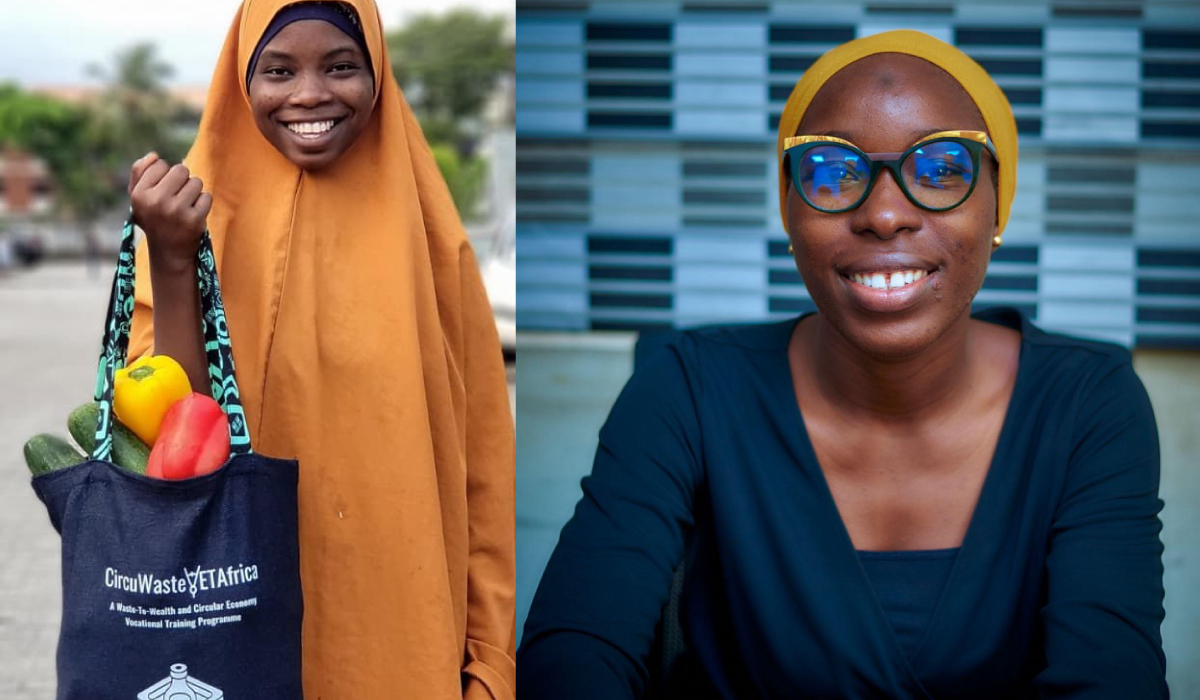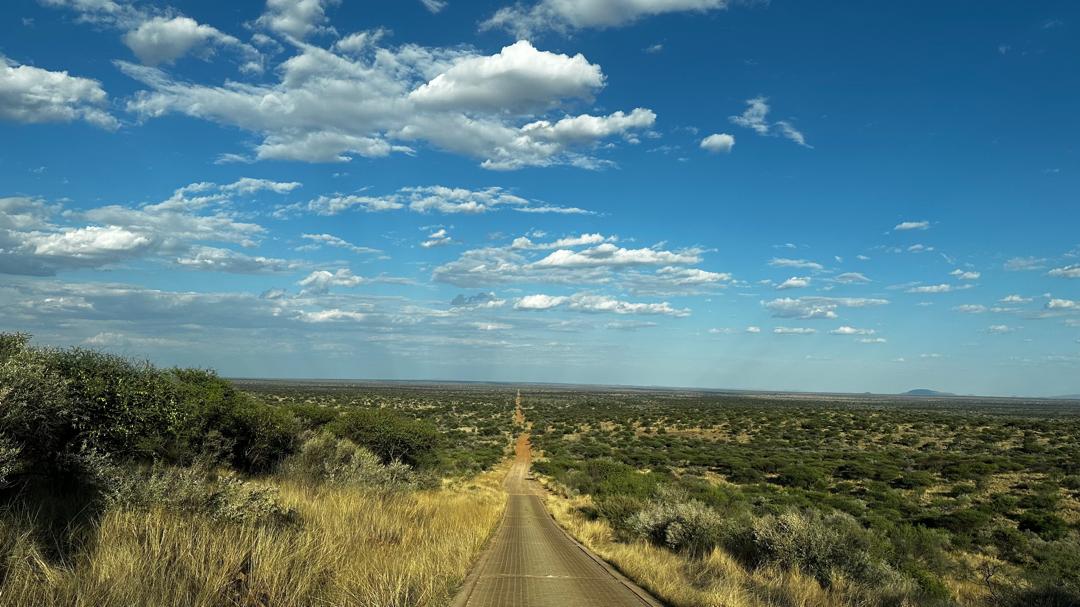Apodissi team attended Ms Irina Albanese’s – Head of Innovation DHL Middle East and Africa – session focusing on greening logistics, at the GITEX event in Dubai (UAE).
12% of global CO2 impact is caused by the logistics industry. Working on reducing global emission is crucial to DHL. As humans, we can “burn less, burn clean” according to Irina Albanese, but it is not going to be enough to go green. We have to “Burn Clean”, with the help of innovation.
Looking at the aviation operations, by using new generation aircrafts, optimisation during take-off, landing and flying altitude are all not enough to go green in the logistics industry.
In 2022, DHL purchased 18.5% of global availability of Sustainable Aviation Fuel (SAF) which helps to replace only 1% of jet fuel. DHL estimated that by 2030, it has to purchase 15 to 20% global available SAF to decarbonise its planes. There is a need for accelerating the production of SAF in large quantities across the globe in order to change the aviation industry.
All physical structures built by DHL in the last two years are designed to be carbon neutral. By 2030, DHL aims to make all its structures like warehouses and offices carbon neutral.
At DHL, electrification of the last mile fleet is one of its practical ways in reducing emission. There are currently 29,200 e-vehicles in use, 19,600 e-bikes and e-trikes globally. Although going electric proves to be challenging, costly, time consuming and difficult to manage.
It is expensive to go green, but we can do it together by creating a circular supply chain, customer support and massive investment by companies in the green economy. Ms Albanese also stressed the need for both consumers, retailers and manufacturers to join the logistics industry effort towards reducing emissions.


